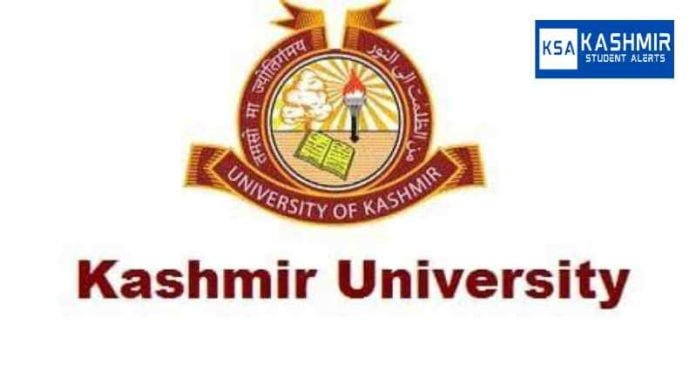University of Kashmir seeks Junior Project Fellow for glaciology research
The University of Kashmir is looking for a motivated candidate to fill the position of Junior Project Fellow for a research project titled “An integrated approach for assessing the impact of light absorbing particles (LAPs) on snow depletion and glacier recession in Kashmir Himalaya using remote sensing, field investigation and geochemistry”.
The project is funded by the J&K Science Technology and Innovation Council, and will be led by Dr. Irfan Rashid, Senior Assistant Professor in the Department of Geoinformatics at the University of Kashmir.
The position is temporary and co-terminus with the project, which is expected to last for two years. The salary is Rs. 20,000 per month, consolidated.
Eligibility requirements
- Essential: M.Sc. in Geoinformatics
- Desirable: Experience in cryosphere-related field work
How to apply
Interested candidates should submit their applications online through the Google Form link provided in the advertisement. The deadline for applications is February 20, 2024.
Selection process
Shortlisted candidates will be called for an interview, which will be held in the Office Chamber of the Head of the Department of Geoinformatics.
About the University of Kashmir
The University of Kashmir is a public university located in Srinagar, Jammu and Kashmir, India. It was founded in 1948 and is one of the largest universities in the state. The university offers a wide range of undergraduate and postgraduate programs in a variety of disciplines.
About the research project
The research project will investigate the impact of light absorbing particles (LAPs) on snow depletion and glacier recession in the Kashmir Himalaya. LAPs are tiny particles that absorb solar radiation, which can cause snow and ice to melt more quickly. The project will use a variety of methods to collect data, including remote sensing, field investigation, and geochemistry.

The findings of the project will help to improve our understanding of how LAPs are affecting glaciers in the Kashmir Himalaya. This information is important for developing strategies to mitigate the effects of climate change on glaciers in the region.





